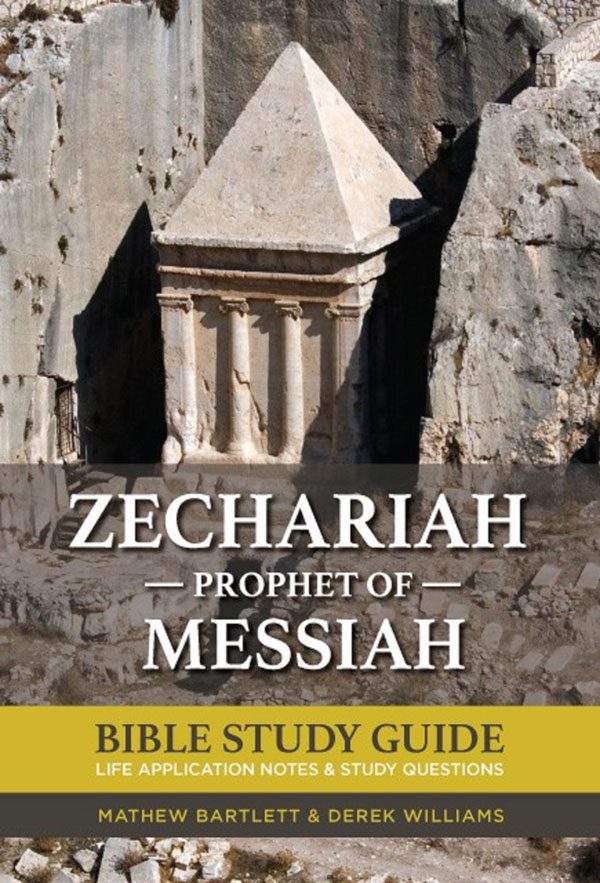Description
This group Bible study guide quotes the New English Translation of 2 Peter in full, and gives a complete commentary of every part of the text, plus a thematic look at each chapter, with in-depth notes where needed. Study questions and sample answers are given.
EXTRACT: Going Deeper: Paul’s Letters as Scripture
We read in chapter 3 a hint that Peter somehow equated Paul’s letters with the rest of scripture. Is there really any evidence that Paul himself regarded them in this way?
Paul’s repeated claim throughout his letters is that he was an apostle sent by Jesus Christ (e.g. 1 Cor 1:1; Gal 1:1; 1 Tim 1:1) and entrusted with God’s message (Gal 2:7; 1 Tim 1:11). He insists that he is equal to all the other apostles, including Peter, who had been directly taught and commissioned by Christ (1 Cor 15:7–10; 2 Cor 12:11). This message was of course the good news about Jesus, which he claimed to have received in a manner equivalent to that by which the prophets received their message – not from any man but by direct revelation from God (Gal 1:11–12; this perhaps is not a reference to the basics of Christian teaching, which he may have encountered in the days when he persecuted the church, so much as to his inspired understanding of its full implications). It is also clear that Paul saw himself as being entrusted with the task of delivering this message to God’s people.
Having said that, Paul’s letters to the churches were precisely that – letters. Some contain more doctrine than others, and there are occasions when Paul uses up the page to send polite personal greetings, or to offer what he sees as an opinion (e.g. 1 Cor 7:12). Elsewhere he seems to be quoting sayings, or even hymns, current among the believers.
Even so, without doubt Paul claimed to have both authority and inspiration from God to teach the truths of the Christian faith (1 Tim 1:11; 2:7; Col 1:25). This seems to be on the one hand, a claim of the equivalence of his ministry to that of the Old Testament prophets, and on the other hand, it follows the traditions of the rabbis in expounding sacred text.
So, although it is not clear that Paul regarded his own letters as sacred scripture, it does appear that he regarded the truths which he expounded within them to be sacred, inspired by the Holy Spirit, and on a par with anything contained in the scriptures. Indeed, he sees that the revelation he has been given is based on the law and the prophets, and that it was hidden therein until the insight which Christ revealed it to his apostles meant it could be made known to all believers (Eph 3:4–5).
Paul certainly intended his readers to take his letters as authoritative. It is not impossible that he might have anticipated their later being grouped together, rather like the teachings of the rabbis, as a collection of sacred writings. Indeed, collections even of the Greek philosophers were common in Paul’s time. It would probably be a step too far, however, for us to suggest that Paul foresaw the creation of anything like our New Testament, let alone if he expected his letters to be included in it. Instead, his intention may have been more like Peter’s, that that the church might have a permanent record of Christian doctrine:
Indeed, I will also make every effort that, after my departure, you have a testimony of these things. (2 Pet 1:15)





